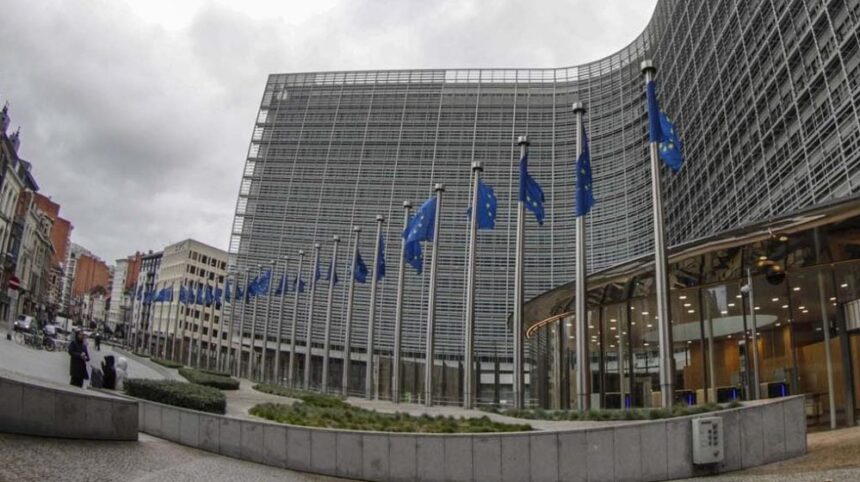The European Commission’s (EC) 2025 Rule of Law Report, published today, points to deficiencies in the Serbian judiciary, specifically in the Prosecution for Organized Crime, which lead to inconsistencies in corruption investigations. This includes probes initiated after the tragic Novi Sad railway station canopy collapse in November last year, which killed 16 people.
Novi Sad Tragedy as a Symbol of Systemic Weakness
The Commission stated that the canopy collapse has become a symbol of the weaknesses in Serbia’s legal and institutional order. It also triggered mass student and citizen protests, ultimately leading to the resignation of the Prime Minister and the fall of the Serbian Government.
The report’s section on Serbia, which covers the judiciary, anti-corruption efforts, media freedoms, and other topics, notes that investigations into alleged corruption related to the canopy collapse are still incomplete. Furthermore, it highlights numerous difficulties in establishing records of indictments and convictions in high-level corruption cases.
The report adds that while the Anti-Corruption Agency actively detects and analyzes systemic corruption, its work is only limitedly followed up by other institutions.
Challenges in Whistleblower Protection and Public Procurement
Difficulties persist for whistleblowers exposing corruption, and exemptions from the Public Procurement Law continue to be widely used to bypass its application, with oversight mechanisms not functioning adequately, the report states.
Judicial Independence and Media Freedoms Under Scrutiny
In the judiciary section, the EC notes that Serbia continued the implementation of constitutional reform to strengthen the independence of judicial bodies. However, political pressure on the prosecution remained high, and the transparency of the High Judicial Council needs further strengthening.
Filling vacant judicial and prosecutorial positions also faces difficulties, and the fact that four vacant seats in the Constitutional Court remain unfilled is concerning.
Regarding media freedom, the report acknowledges that Serbia adopted a new set of media laws in June to align with European standards. However, it states that there is still significant concern regarding the Regulatory Body for Electronic Media (REM).
“Delays and shortcomings in the process of electing a new REM Council undermine public trust in that process,” the report says, adding that the Press Council, on the other hand, effectively monitors compliance with the Serbian Journalists’ Code.
The report also raises increasing concerns about the editorial policy, autonomy, and pluralism of public broadcasters. Measures to increase transparency in ownership structures and public financing of media have only been partially introduced. It further notes that journalists, particularly female journalists, continue to face frequent refusals by public bodies to disclose information of public importance, and the safety of journalists is increasingly worrying.
The Commission concludes that the efficiency of Parliament’s work remains hindered due to a lack of genuine political debate. Civil society organizations also face increasing pressure, and the impact of the Action Plan for the development of that sector has yet to be demonstrated, the EC concludes in the part of the report concerning Serbia.
Unlike the 2024 report, which focused on legislative and technical reforms, the 2025 report refers to concrete events as evidence of systemic weaknesses.







